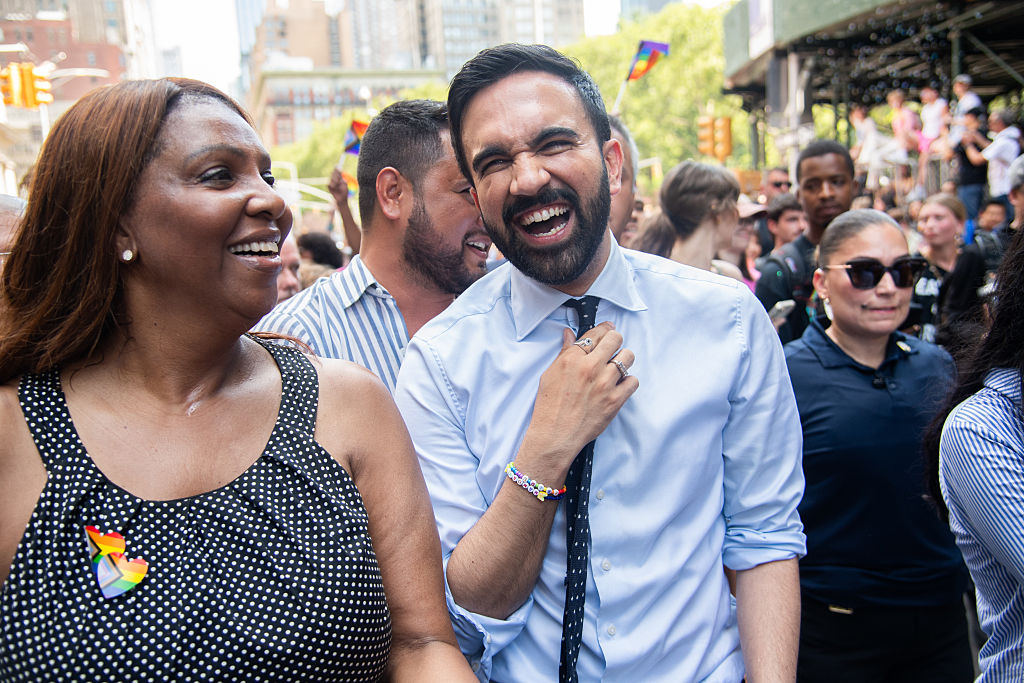Miss. Judge Slams Schools For Fueling School-To-Prison Pipleline
Mississippi Judge Slams Schools For Fueling School-To-Prison Pipleline
With a new school year underway, a Mississippi judge is sending letters to school districts under her jurisdiction, urging them not to send students with minor behavioral offenses to her courtroom.
Jackson County Youth Court Judge Sharon Sigalas told Hechinger Report that the school districts have routinely sent kids to her courtroom for “minor violations,” such as dress code violations and disruptive behavior.
“We don’t need to be the babysitter for kids the school determines are disruptive,” Sigalas, who has been on the bench for 13 years, stated to the news outlet. She added that hearing those types of cases create a burden on the courts.
According to Hechinger, the judge now sends letters to her four school districts that list the types of violations she’s willing to address: possession of weapons or drugs on campus, assault on teachers or other students with serious injury, or committing any sexual offenses that constitute a crime.
The students who find themselves in front of a judge or suspended for minor offenses are disproportionately students of color, according to the U.S. Department of Education’s Civil Rights Data Collection report.
The data confirms other research, anecdotal evidence, and the department’s annual civil rights report about racial disparities in student discipline. According to the CRDC, Black K-12 students are suspended nearly four times as often as White students.
Unequal punishment begins in preschool, where Black children are 3.6 times as likely as White students to get suspended.
A joint Education and Justice Department statement urged school districts to “rethink and redesign” disciplinary practices. Administrators are using expulsions for minor misbehaviors instead of a last resort for serious offenses, the departments said.
Consequently, scores of African-American students enter the school-to-prison pipeline for behavior that schools—not courts—should address.
According to the Justice Policy Institute, school districts began implementing zero tolerance policies in the mid-1990s, in response to increasing violence. In the 1970s, roughly 4 percent of students were expelled, and typically for violent or criminal acts.
But changes are happening, notes the institute, as several large school districts ease zero tolerance policies. In Broward County, Florida, for example, the school district decided to handle nonviolent misbehavior itself instead of involving law enforcement. And in Los Angeles, administrators will no longer refer students under 13 to the police for minor offenses.
SOURCE: Hechinger Report | PHOTO CREDIT: Getty
SEE ALSO:
Report: Spending On Incarceration Far Outpacing School Funding
Baltimore Wants To Reduce School Suspensions For Black Males
















